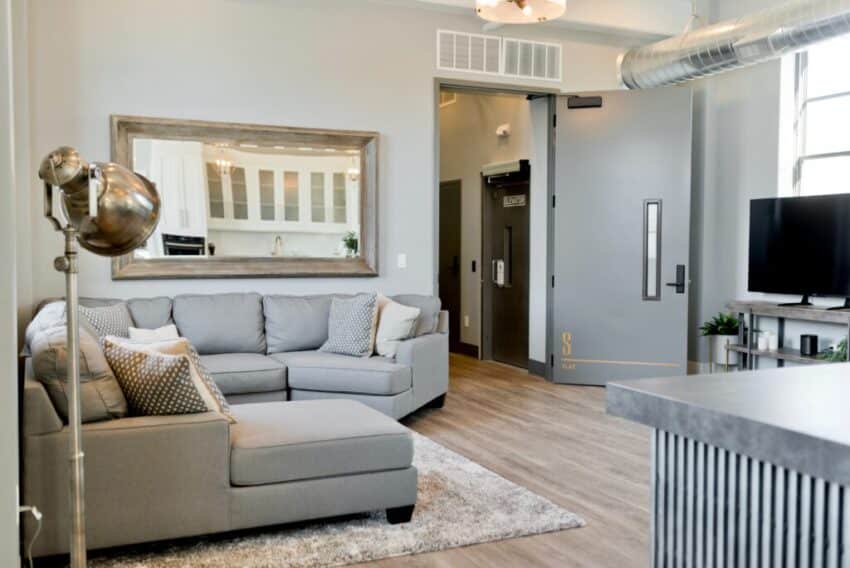If your latest business endeavor involves becoming a landlord, there are certain things you’ll want to take care of before renting out your first property.
For example, you’ll need to make sure the property is rentable and doesn’t have any safety concerns, such as mold.
And one big factor you’ll want to take care of before starting to look for tenants is drafting a copy of a lease. If you are not sure how this agreement should look, you can just find a lease agreement template online, and edit it to your needs. A written lease between you and the tenants means everybody involved will be aware of their rights and obligations. Never settle for a verbal lease. A verbal lease may or may not be enforceable, depending on where you live and how long the tenants have lived on the property.
A written lease, however, is enforceable. Your lease will need to meet the rental, tenant, and insurance laws in your area. The best way to make sure your lease complies is by working with a property lawyer. When you meet with the property lawyer, here are some causes you might want to include on your lease.
Late fees
Make sure your lease includes information about the exact day that rent is due, as well as includes the exact amount of money that is due. You will also want to include information about any late fees that accrue if rent is late, as well as any fees that will occur if rent is never paid. Without this information in writing at the time when the lease is signed, you will likely not be able to implement a late fee at a later date.
Subleasing
Subleasing is when your tenants find another tenant to take over the lease. For example, someone who is traveling may decide to sublease to help with rent. If you don’t want to allow tenants to sublease the property, prohibit it within the lease.
If you don’t prohibit it, your tenants can legally sublease the property, and it can be very hard to penalize them for it. Many landlords allow subleasing but require an additional fee from the tenant, as well as an additional subleasing agreement.
Renewal
Decide whether you want an automatic renewal process or if you would prefer to have tenants sign a new lease every year. This clause should include information on how much notice tenants have to give if they don’t want to renew the lease and how much rent will increase each year. Expecting your tenants to give at least 60 days’ notice if they are not planning on renewing the lease is a good practice because it allows you to begin the search for new tenants.
Surrender of premises
You’ll also want to have a clause that states what condition the property must be in once tenants move out. At the minimum, you want this clause to state that the property must be in the same or better condition than it was when they moved in.
Many landlords require end of tenancy cleaning from a cleaning company to ensure the property is in good condition. Use a search such as “end of tenancy cleaning London” to find cleaning companies you can recommend to tenants.
Use of premise
You will want to clearly define how many people are allowed to live in the building. This clause can help prevent tenants from moving other people into the building without you knowing it. You may also want to have a clause that states the building can be used for residential purposes only. If someone operates a business on the property, it presents liability concerns. For example, if someone visiting the “business” trips over the porch steps, you could be held accountable for their medical bills.
Severability
Finally, one of the most important clauses to include on your lease is a severability clause. If part of your lease is found to be illegal, this clause will ensure that the rest of your lease is still legally binding.
Without this clause, a judge can declare that the entire lease must be void if even only a small part of it is illegal. Even if you worked with a really good property lawyer to develop your lease, you should still include this clause on your lease.
Final thoughts
If done correctly, renting out property can be a great way to develop additional cash flow. However, when doing so, you’re going to want to make sure that you have a lease in place. Even if you’re a friend with the person you’re renting to, a lease can help make sure all legal obligations are met.


